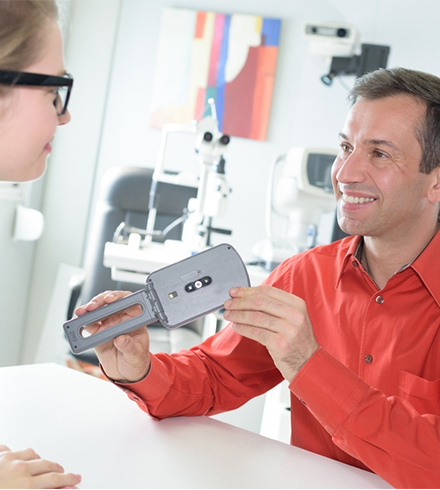Have you ever introduced yourself as a medical device sales rep and found yourself identified as a pharmaceutical sales rep instead? It is not unusual for “medical sales” to be categorized in one big industry, regardless of its industry, niche, and product.
However, we will discuss the differences between medical device sales reps and pharmaceutical reps, both of which are potential careers in healthcare.
So, whether you are an aspiring healthcare graduate or someone looking forward to explaining the difference better, join us as we navigate the medical device vs. pharmaceutical industry difference.
Medical Device Sales vs. Pharmaceuticals – How are they Different?
Medical Device Sales and the Pharmaceutical Industry are integral to the healthcare sector. However, as similar as many people perceive them, the two are distinct in many ways.
Let’s start with the fundamental difference.
What is the difference between medical device sales and the pharmaceutical industry?
The answer is simple, and it lies in the name.
The medical device sales industry deals with the selling of various mechanical equipment and devices used in healthcare settings. Such devices include simple everyday products like thermometers and bandages to complex equipment like surgical instruments, machinery, and implants.
On the other hand, the pharmaceutical industry deals with synthesizing medications, drugs, and chemical compounds used to diagnose, cure, manage, and prevent diseases.
Difference in Prescription and Regulation
Your physician might not typically prescribe you a medical device, but they will prescribe you a medication. However, medical devices and pharmaceutical products are regulated for safety, effectiveness, and quality.
Learn more about regulatory affairs in the pharmaceutical industry here.
Difference in Sales
One might wonder how pharma sales are different from medical sales.
Before we discuss the difference in detail, here’s a quick overview. Medical device sales focus on demonstrating the device’s technical specifications, benefits, and utility. In such cases, the sales reps often provide technical support and training.
On the contrary, in the pharmaceutical industry, the sales approach involves educating the healthcare providers about the drug’s therapeutic benefits, dosage, and potential side effects.
Let’s move on to the detailed comparison of pharma and medical sales.
Medical Sales:
Medical device sales are technical and demonstrate the device’s technical specifications, advantages, and practical usage. Therefore, medical device sales reps often offer technical assistance and training to the staff and educate them about the product’s clinical value.
Furthermore, medical device sales have a tangible, evident end, as the deal closes once the medical facility purchases or signs a contract for the product. In such cases, the sales rep is crucial in negotiations and can improve the deal through various strategies.
Pharmaceutical Sales:
On the other hand, pharmaceutical sales are primarily educational and target healthcare providers. It involves providing samples of prescription drugs and persuading healthcare providers to prescribe them.
For effective physician persuasion, pharma sales reps opt for a “detailing” approach, emphasizing the effectiveness and therapeutic benefits. The sales reps may support their claims with clinical evidence. However, they must complete their presentation quickly due to limited physician interaction.
In pharmaceutical sales, there is no immediate, tangible sale closure. In such cases, the sales rep must wait a couple of weeks for physicians to prescribe their drug. Therefore, their ability to influence the deal’s closure after meeting with the physician is restricted.

Grow in the Healthcare Career - Regardless of Who You Are!
Whether you are a medical sales rep or a pharma sales rep, finding a job to implement your skills and expertise is imperative. Here’s when HealthCareTalentLink (HCTL) comes into the picture. It is the first dedicated professional platform that links the healthcare community with its talent, products, and services.
At HealthCareTalentLink (HCTL), you can search for career opportunities and ways to promote your short-term or long-term services. Furthermore, you can connect, communicate, and collaborate with like-minded professionals to grow in the industry, one of the few reasons healthcare professionals prefer the platform for career growth.

